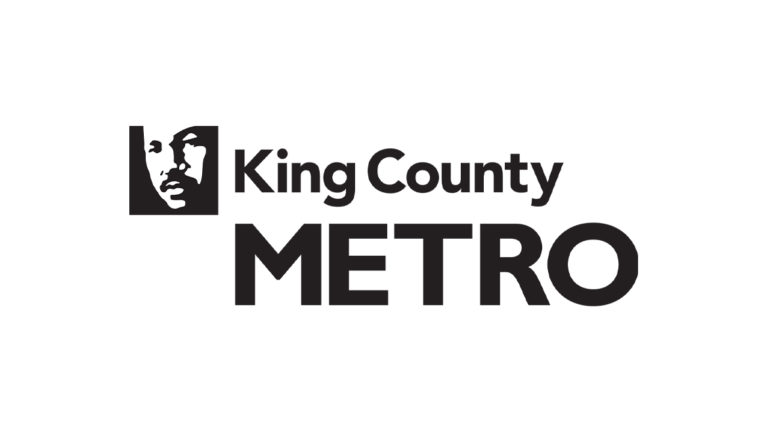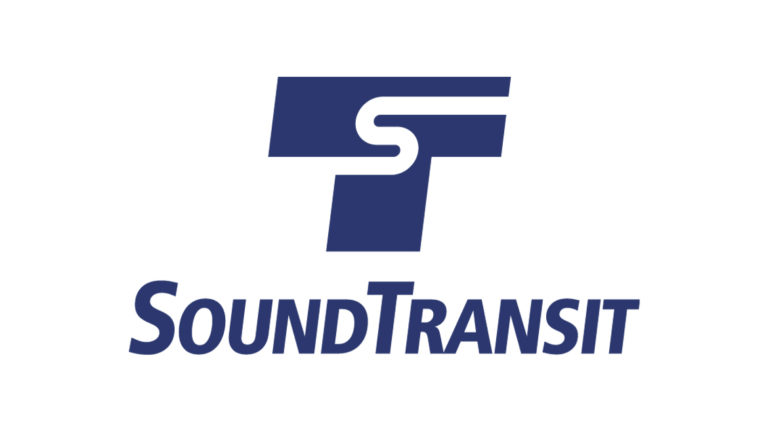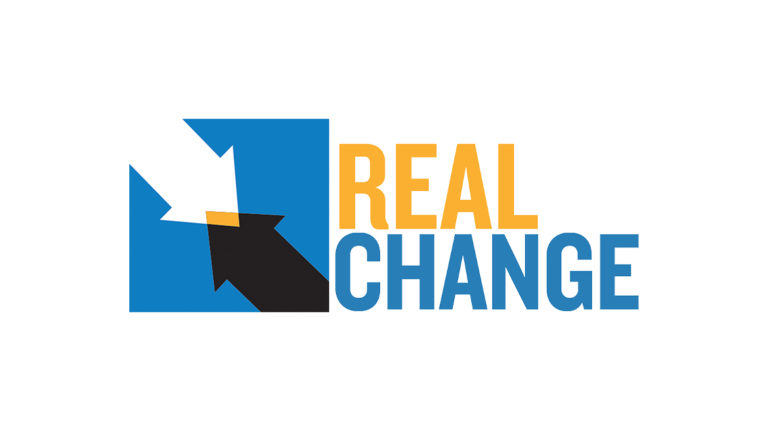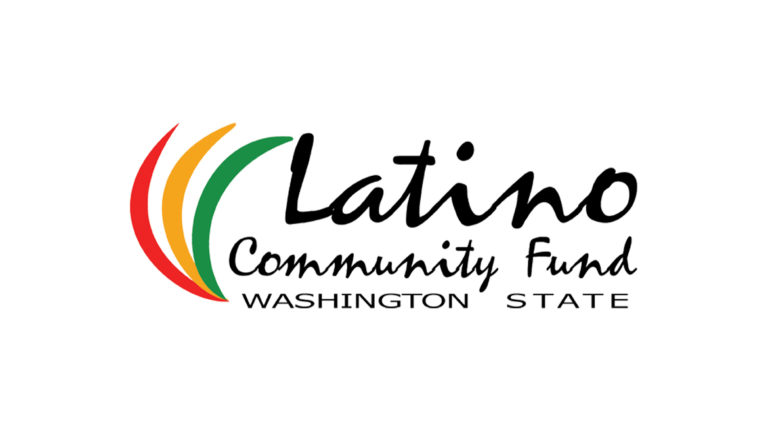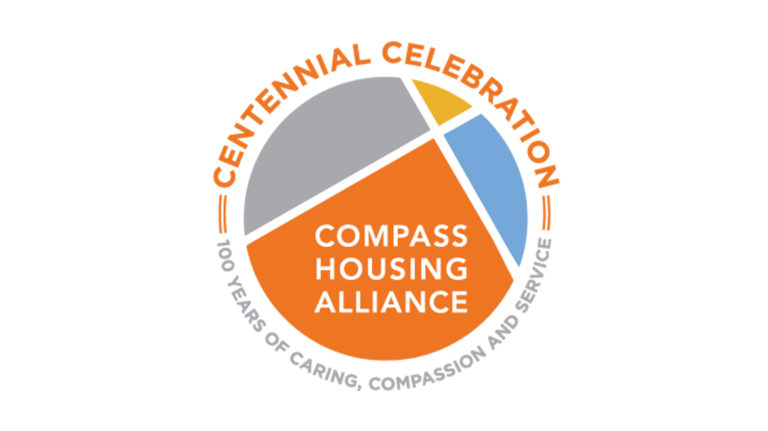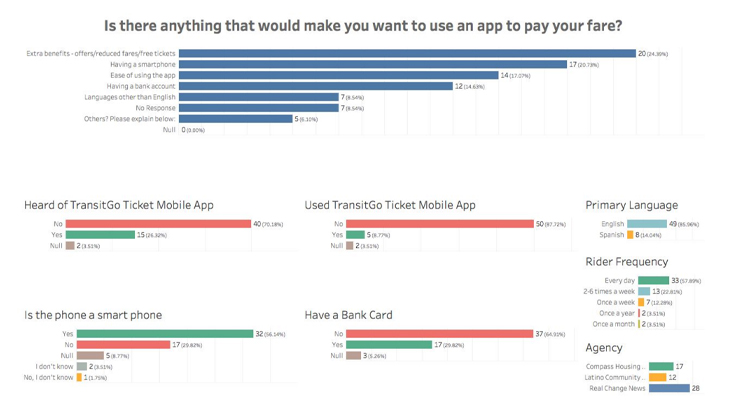
Issue
As King County Metro looks toward a future of cashless fare collection, it must evaluate and effectively respond to the barriers that prevent marginalized riders from adopting a mobile ticketing app. The Transit GO Ticket app is a key component of Metro’s Cashless Fare Collection Business Plan. The Mobility Innovation Center at University of Washington is working with Metro to ensure that Transit GO Ticket is designed to meet the needs of the populations such as low-income riders, riders with disabilities, riders with limited English proficiency and unbanked riders.
Spark
Many vulnerable populations disproportionately rely upon cash for fare payment. These groups all experience marginalization to different extents. Metro would like to understand the barriers these groups face in adopting cashless fare payment and identify possible solutions which can mitigate them. Metro also aims to identify the general awareness and usage of the existing mobile ticketing (TransitGO) and understand reasons for inconsistent adoption across the aforementioned user groups.
Overview
The research team collaborated with Metro to design survey questions for each hypothesis they wanted to test for equitable access and cashless future. The surveys were distributed through established community based organizations to produce quantitative data that could be visualized within a dashboard for statistical analysis. The team also conducted open-ended interviews with subject matter experts to further inform their policy recommendations.
Innovation
The interactive dashboard allows Metro to view the granular results of each survey question and provides a summary snapshot of the technology barriers, demographic barriers, payment barriers, and recommended areas for improvement.
Materials
- View the poster
- View the dashboard results
- View the policy recommendations
Impact
Metro can use the data and the dashboards to make decisions and support policies that can help the region support a cashless economy in the public transport sector. By using these recommendations, Metro and Sound Transit can improve upon equitable transit and ensure that all it’s customers have a satisfactory experience using their services.
Metro and Sound Transit also have access to the surveys created (which are currently in 13 languages), and can continue to talk to agencies to learn about their customers. This will allow public transportation managers to continue studying even more diverse groups of people. Based on recommendations from the MIC Equity team, King County Metro has developed a Spanish language version of the mobile ticketing app and is engaging the app vendor to improve payment options for customers without bankcards or bank accounts.
Team
This multidisciplinary research team drew graduate students from Information Management, Social Work, and Public Administration. Active mentorship was provided throughout the project by King County Metro and Sound Transit. Survey distribution was supported by Compass Housing Alliance, Latino Community Fund and Real Change News.
Academic Department
Faculty Leadership
Contributors
- Devin Konick-Seese
- Himanshu Arora
- Neelam Purswani
- Sindhuja Dutta
- Sneha Kamath



